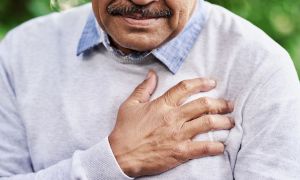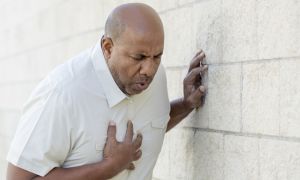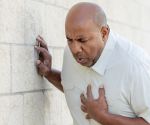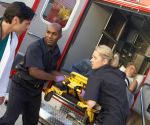If you arrive at the emergency room while having a heart attack, you may be given clot-busting drugs, especially if you arrive at a hospital that does not perform the artery-opening procedure called balloon angioplasty. Alternatively, if you go to a hospital with a catheterization lab, you will be taken directly to the “cath lab,” where balloon angioplasty and stenting can be performed to open your blocked artery.
Angioplasty is performed by an interventional cardiologist to restore normal blood flow through a clogged or blocked heart artery that is causing the heart attack. It is successful in the treatment of 95 to 98 of every 100 patients. If you are having a heart attack and are able to receive angioplasty soon enough, it can stop the heart attack and possibly save your life!
The goal is to restore the blood flow to your heart in less than 90 minutes from the onset of the attack. However, even after 90 minutes, angioplasty may still help prevent additional damage to the heart muscle.
You can help your healthcare providers to meet this important deadline by being a strong advocate for your own health. This means calling for help (dial 911), or asking someone you are with to call for help, when you experience symptoms such as severe central chest discomfort associated with feeling very unwell, including feeling very sweaty and clammy. Call for help at any time of the day - wherever you may be and whatever you are doing. These symptoms could be an indication that you are having a heart attack. In these circumstances, it is better for you to seek help than not. In fact, seeking help and subsequent admission to the hospital is a crucial part of managing a heart attack. It cannot be said enough: The sooner you come to hospital, the better for you in terms of preventing a heart attack from progressing and possibly saving your life. When you arrive at the hospital, tell the healthcare providers, “I may be having a heart attack!” or ask, “Could this be a heart attack?” Ask questions and be very clear in your communication with your doctor and other healthcare professionals. Tell your doctor about all of your symptoms, even if they seem strange or you feel embarrassed. The more information your doctor has, the easier it will be to put the puzzle pieces together.
Continue Learning about Heart Attack
Important: This content reflects information from various individuals and organizations and may offer alternative or opposing points of view. It should not be used for medical advice, diagnosis or treatment. As always, you should consult with your healthcare provider about your specific health needs.







